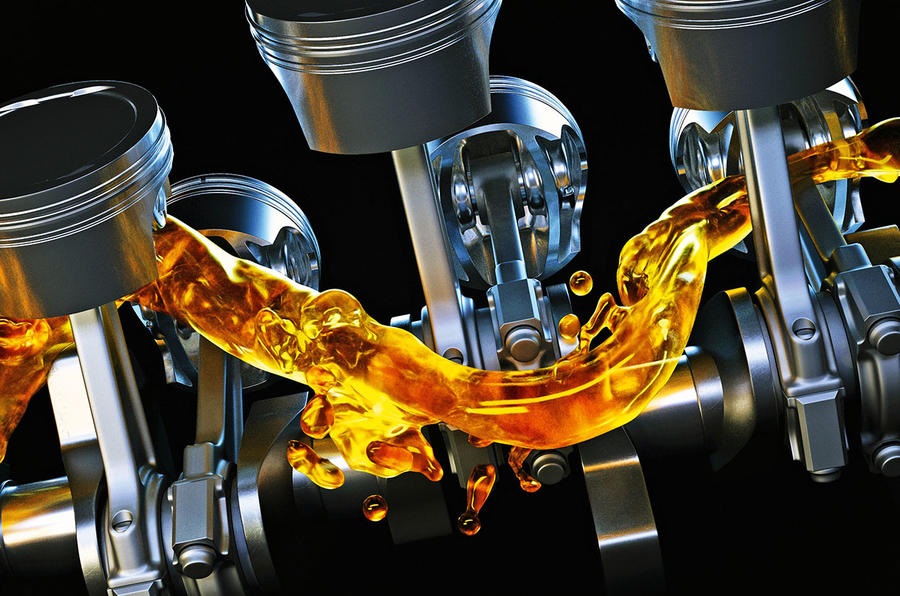Can Oil mess up Engine?

Engine oil is the lifeline of your vehicle’s engine. With its absence, your vehicle’s engine is unable to function properly. It is bound to protect your engine by lubricating its parts, minimizing heat and friction which if not minimized, could severely destroy your engine components.
Engine oil, with time, breaks down and becomes contaminated due to its usage and temperature effects or sludge accumulation. Therefore, it is mandatory to follow the manufacturer’s recommended oil product and its change interval, as well as, replacing it with the right or approved engine oil type or brand.
Wrong engine oil
Have you ever thought about what happens if you put the wrong oil or your engine oil mess up your vehicle’s engine? Let’s have a look at this scenario and put some light on this aspect as well.
Using a wrong engine oil or a brand that is not recommended by your manufacturer could kick start oil leaks. This will happen when you switch from regular to synthetic oils, even with the same viscosity ratios, could initiate oil leaks and results in poor performance, and destroys engine sealants. This is because of the different flow characteristics of synthetic oils. One must prevent this type of switching as it could mess up your engine and cause you severe losses.
A wrong or prohibited engine oil viscosity will also affect your car’s mileage. This causes less free movement of critical moving parts, like pistons, and results in less thrust and less power. This will result in more burden onto the engine and reduces the vehicle’s overall fuel efficiency.
Old cars
If you own an old car, your engine might become noisy if you switch from regular to synthetic oil. This is because, like oil leaks, the difference in flow characteristics means synthetic oil slips through gaps more easily than regular oil, resulting in less lubrication and more friction of sliding parts. This, by slipping oil more easily through engine clearances will reduce your engine’s output and performance.
Another aspect is what happens in cold or winters, if your oil change results in a lower viscosity than recommended, you might suffer from a situation that your car won’t start in the morning in very cold climates. This is inconvenient and potentially life-threatening in an emergency. You must choose an oil with the lowest cold rating possible and with the narrowest span of viscosity for expected temperatures. Otherwise, you will mess up your engine with wrong viscosity ranges.
It is highly recommended that you must consult your car’s owner manual and choose a brand of engine oil that is recommended by your manufacturer.
